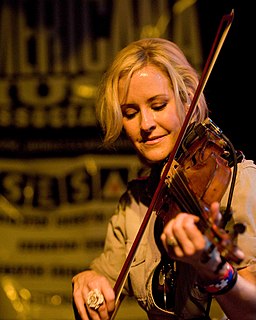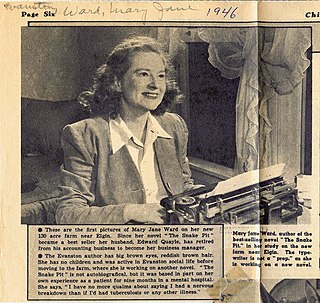A Quote by Patti Davis
I'm very comfortable writing in the first person; it dives into the character in a way that's difficult if you're writing in the third person.
Quote Topics
Related Quotes
Writing, for me, when I'm writing in the first-person, is like a form of acting. So as I'm writing, the character or self I'm writing about and my whole self - when I began the book - become entwined. It's soon hard to tell them apart. The voice I'm trying to explore directs my own perceptions and thoughts.
For me, personally, I'm more comfortable with what I would call third-person entertainment, meaning watching a character that's explicitly not me and experiencing something through a character's eyes, than what I would call first-person entertainment, which is a video game in which I am the character.
There are a couple of strategies for writing about an absence or writing about a loss. One can create the person that was lost, develop the character of the fiancee. There's another strategy that one can employ, maybe riskier... Make the reader suffer the loss of the character in a more literal way.
People who write for reward by way of recognition or monetary gain don't know what they're doing. They're in the category of those who write; they are not writers. Writing is simply something you must do. It's rather like virtue in that it is its own reward. Writing is selfish and contradictory in its terms. First of all, you're writing for an audience of one, you must please the one person you're writing for. Yourself.
I had to detach myself from myself, if that makes any sense, to conjure an authentic first-person voice. In that sense, it was similar to writing a first-person novel. But I was writing about real people, not fictional ones - myself, my family, my friends and boyfriends and ex-husband, and that was extremely tricky.



































